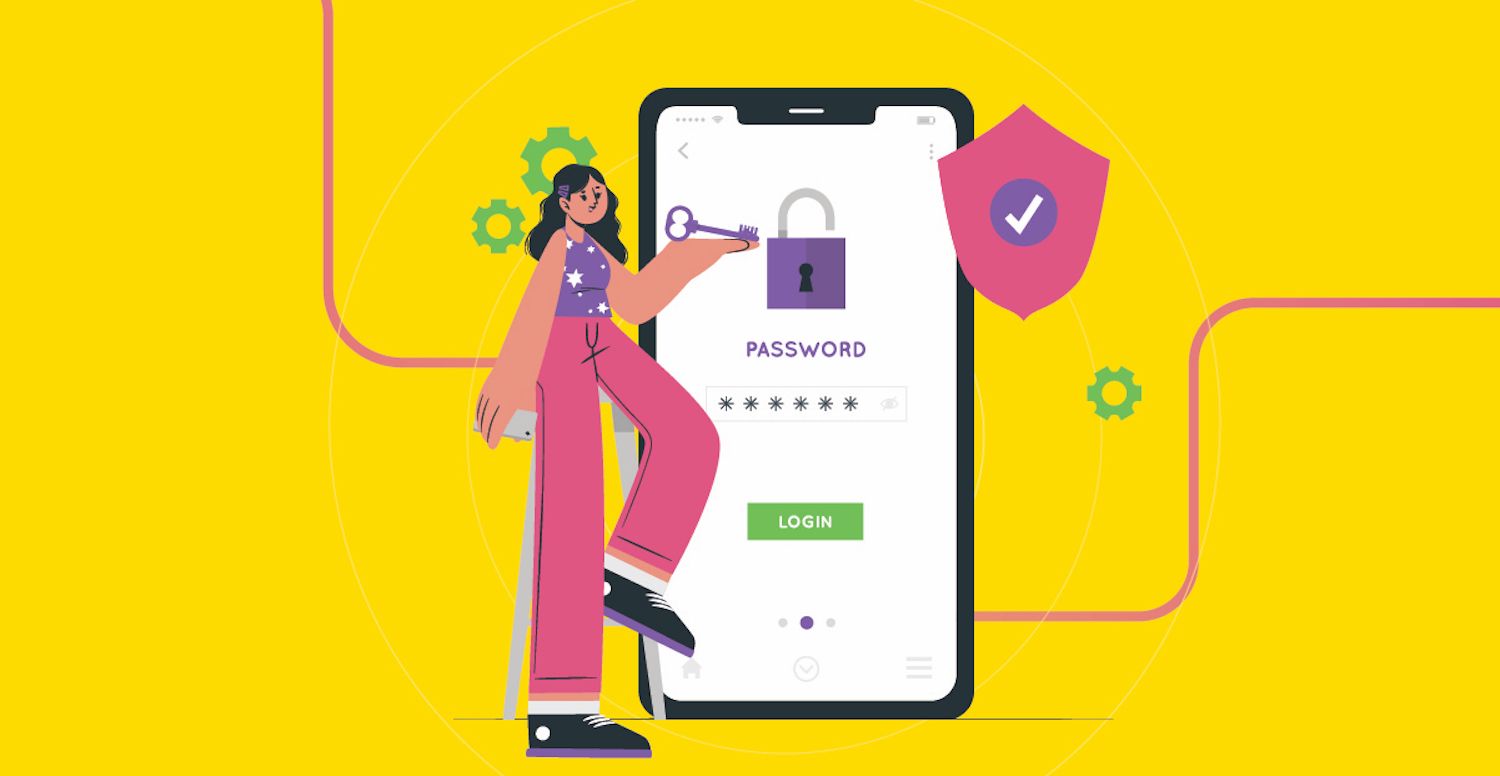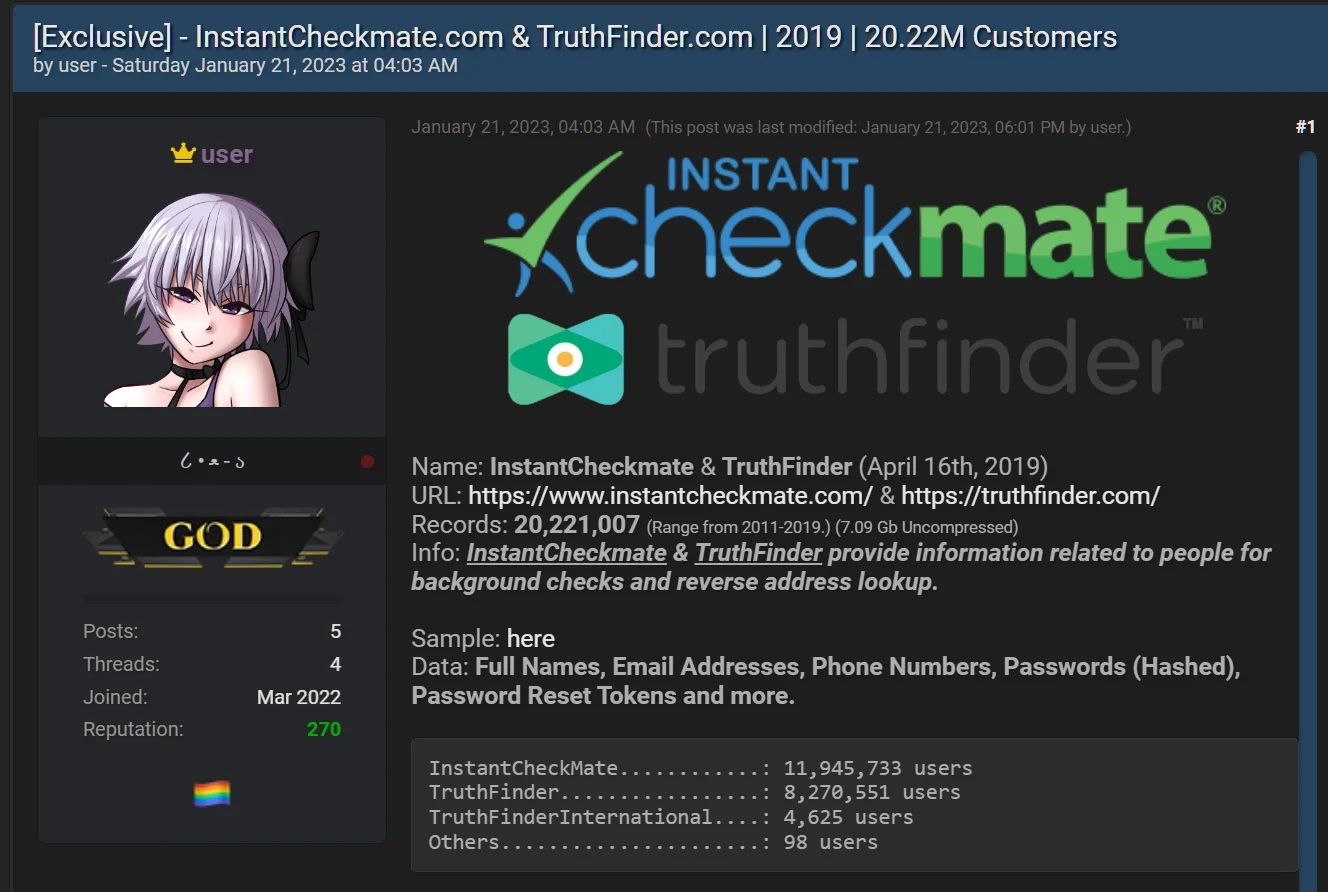Now that we’ve laid the groundwork, let’s explore the essential security measures to take.
Choose a Reputable Event App Platform
Selecting an event app platform is about more than just ticking boxes of event app features. Your vendor should not only meet the standard requirements but goes a step further in assuring security and compliance.
ISO 27001 and SOC-2 Certifications
Verify whether the platform, such as Nunify, complies with internationally recognized standards like ISO 27001 and SOC-2. These certifications provide assurance of consistent and effective security practices.
Nunify’s adherence to SOC-2 demonstrates the platform’s commitment to the highest levels of security, availability, processing integrity, confidentiality, and privacy of customer data. It’s an assurance to you, the customer, that your data is handled with the utmost care.
Ensure Compliance with GDPR and CCPA
In a globalized world, your event may attract attendees across different jurisdictions. Compliance with various international regulations becomes crucial. For those involving European Union citizens, the General Data Protection Regulation (GDPR) must be followed. This ensures the protection of personal data.
Similarly, for events operating in California, USA, adherence to the California Consumer Privacy Act (CCPA) is vital. These laws enforce responsible data handling and individual privacy rights. Compliance demonstrates a commitment to privacy and security.
Check for Robust Encryption Practices
Encryption is a vital aspect of data security, both in storage and transmission. When data is stored, strong encryption protocols must be in place. This ensures that even if unauthorized access occurs, the data remains unintelligible.
During transmission, data can be vulnerable to interception. Platforms that provide robust encryption in transit protect this sensitive information. They guard against unauthorized access or tampering by encrypting the data as it moves between the app and servers.
Inspect Payment Security Compliance
When planning an event with financial transactions, payment security becomes a paramount concern. This involves more than just the secure handling of funds. It’s about protecting the sensitive cardholder data involved in each transaction.
Ensuring that the platform complies with Payment Card Industry (PCI) standards is crucial. These standards define the requirements for handling cardholder data in a secure manner. They outline the proper encryption methods, secure network configurations, and robust access controls needed.
Compliance with PCI standards doesn’t just protect cardholder data; it also builds confidence in your event’s financial integrity. It demonstrates a commitment to safeguarding personal financial information. This adherence to recognized best practices can enhance your reputation and contribute to a more successful event.
Focus on Configuration, Monitoring, and Support
Select a vendor that offers ease in configuration and real-time security monitoring. Configuration flexibility allows tailored solutions that meet specific needs, while continuous oversight detects and addresses potential threats.
Real-time security monitoring is another essential feature to consider. This active monitoring can prevent unauthorized access and other security incidents, providing an added layer of protection. Similarly, robust support with a dedicated team offers timely solutions, minimizing disruptions.
Finally, don’t hesitate to ask the platform provider for information on security testing, certifications, and adherence to best practices. Understanding the measures they’ve taken to secure their platform will give you additional confidence in their services.
Prioritize Privacy and User Protection
Look for a platform that emphasizes transparency in data practices. including efforts like backing up important data in private data centers protected by physical security systems. A commitment to user privacy builds trust and aligns with contemporary values.
When collecting user data, only gather the information necessary for the event. Adhere to privacy regulations to ensure that you’re meeting legal obligations.
It’s also crucial to manage user consent appropriately. Make sure that consent is obtained following the legal requirements, reinforcing your dedication to user protection and ethical practices.






